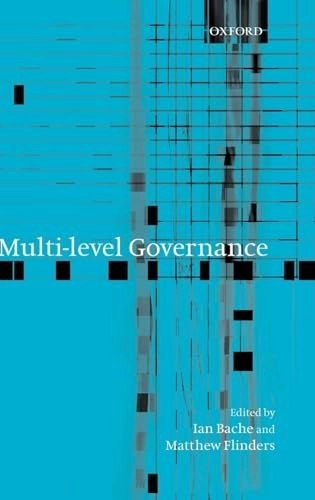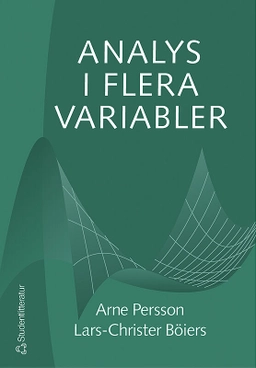The role and powers of nation states are a topic of increasing debate. The transfer of competencies upwards to supra-national organizations, sideways to quasi-autonomous actors, and downwards to sub-national authorities has arguably transformed both the structure and capacity of national governments. It is within this context that the concept of multi-level governance has emerged as an approach to understanding the dynamic inter-relationship within and between different levels of governance and government. Moreover, multi-level governance is frequently interpreted as a novel analytical framework with the capacity to challenge and refine traditionally dominant approaches. "Multi-Level Governance" analyses the ways in which the concept has been applied across different academic and policy territories. The future of nation states vis-a-vis sub-national and supra-national organizations and the increasing fluidity of political power is clearly a fundamental issue for scholars of politics and government. New analytical frameworks that eschew traditional disciplinary boundaries and epistemological positions are needed to comprehend the changing nature of governance.In this context, the volume undertakes a critical assessment of both the potentialities and the limitations of multi-level governance.
Åtkomstkoder och digitalt tilläggsmaterial garanteras inte med begagnade böcker





















